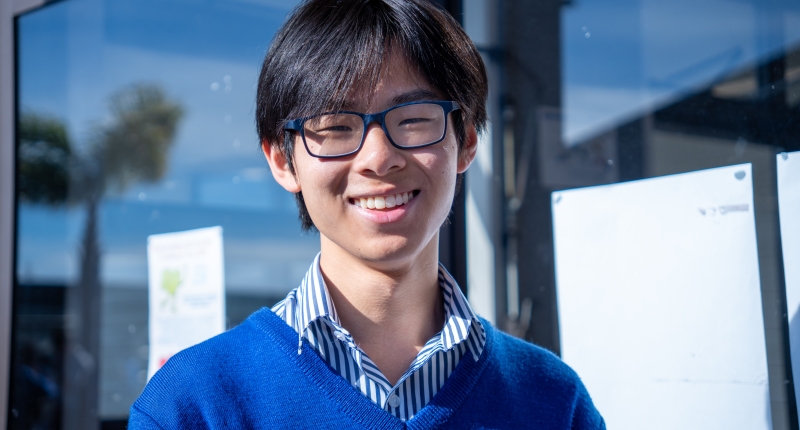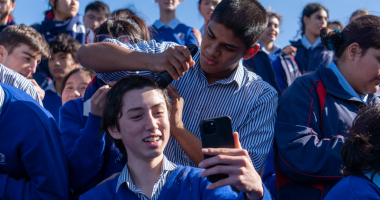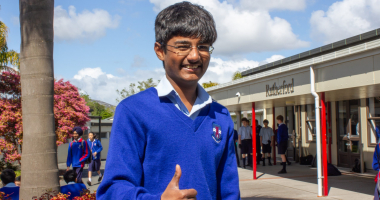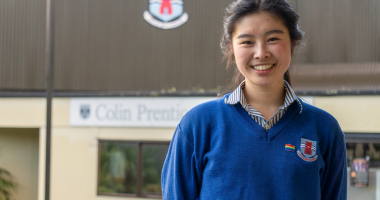Bruce Zhang is the year 13 Mansfieldian head executive for the Debating extracurricular. As well as having a slew of stellar academic performances: which include getting a scholarship in 3 and more subjects, winning the New Zealand Engineering Science Competition and representing New Zealand in the International Mathematical Modeling Competition, he has also achieved immense success in Debating. This year marks the second year he has qualified to be part of the National New Zealand Debating Team heading to Panama later in the year for the world schools debating tournament.
We asked him what are his thoughts on Debating after 4 hard years of practicing the skill?
As much as I just debate for all the sunk cost I have in it, there is certainly still merit and enjoyment in the continual drive for improvement.
At the higher levels of debating, most of your time is spent improving by researching vast amounts of seemingly irrelevant information, be it conflicts in the Horn of Africa or pieces of art that promote reconciliation between people. For most people, including myself, this knowledge means very little to me outside of the contest of debating. As interesting as it is to analyse specific African civil wars in a debate about secessionist movements, knowing this content doesn’t help me in day to day life.
Instead, there is something more fundamental to debating that keeps luring me in — the very act of disagreeing. Often in life, it is far easier to feign agreement and passively ignore others who you disagree with. Our culture usually sees being ‘argumentative’ as an inherently bad trait; one synonymous with being a difficult and asocial person. This exists in all situations, not just in political arguments but also in day to day interactions with friends, teachers and strangers alike. Because our own ideas and actions are undeniably an extension of who we are as a person, disagreements can be seen as personal attacks, ones which cause us to regress into a mentally defensive and hostile state.
What first got me into debating was the escape from this very limitation of social interaction. In competitive debating, you are assigned your side without any regard to your personal beliefs. Arguments are not wrapped up in the emotions and past experiences of those making them — rather, when disconnected from our personal convictions for believing in a certain thing, the conversation evolves into a battle of reasoning and wit, solely for the purpose of proving that you are right. As silly as ‘arguing for the sake of winning’ sounds, the activity provides valuable insight into learning how and why people think certain things. It’s often easy to believe that ideas are good without scrutinising them particularly when they stem from your own experiences.
Debating has uniquely provided me with a mindset to think about my beliefs, as well as the beliefs of others. The skill of disagreeing is one that not only helps with introspection, but also in considering how other people might think. For a person who has never debated, the environment of a competitive debate can be extremely stressful as it was for me when I started out. However, when participating in lots of debating, a person becomes far more comfortable with voicing their disagreements, and challenging people’s ways of thinking, a necessary part of a social life.
More importantly though, doing lots of debating allows people to experience losing, specifically, being wrong — something I think more people ought to understand.
Published Friday 20th June 2025.
Written by Haran Thirumeni, Edited by Emma Li
Photography by Emma Li









